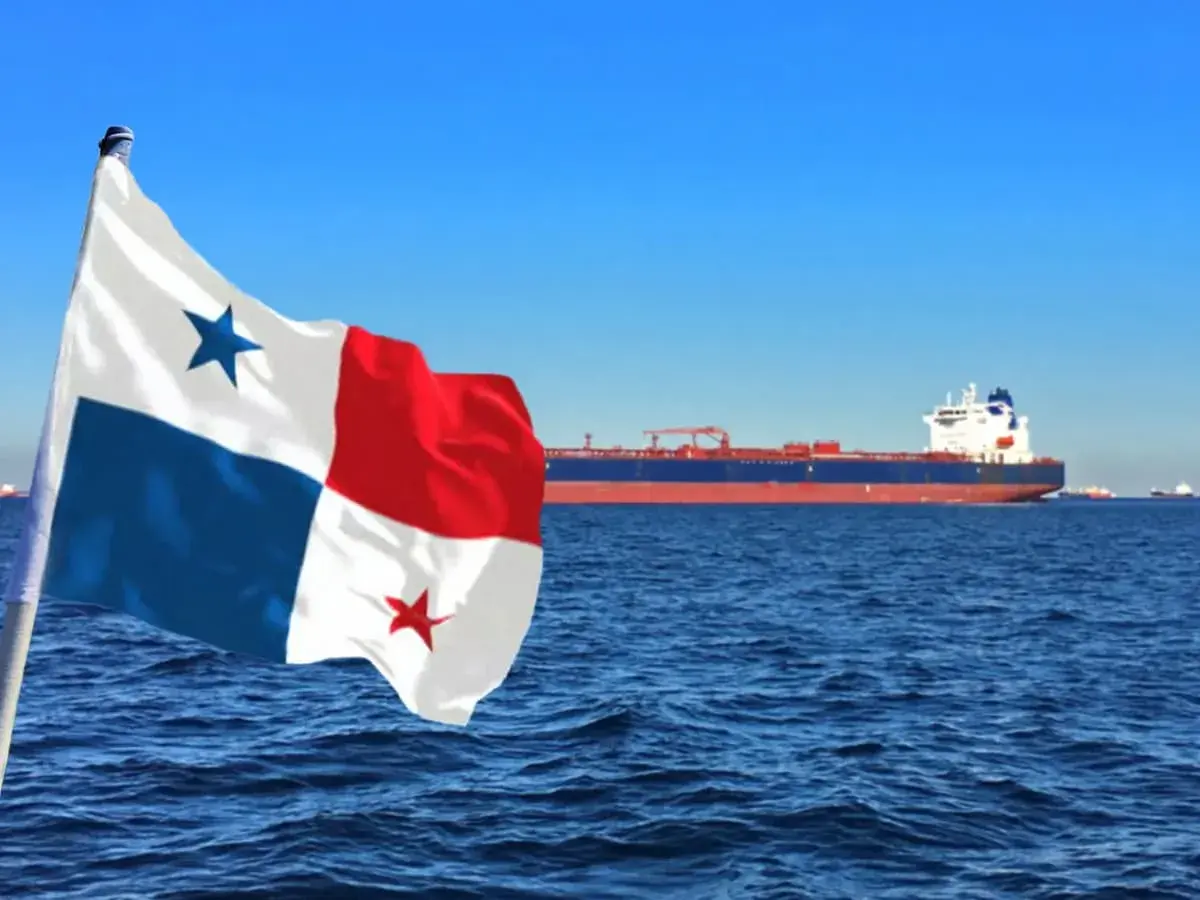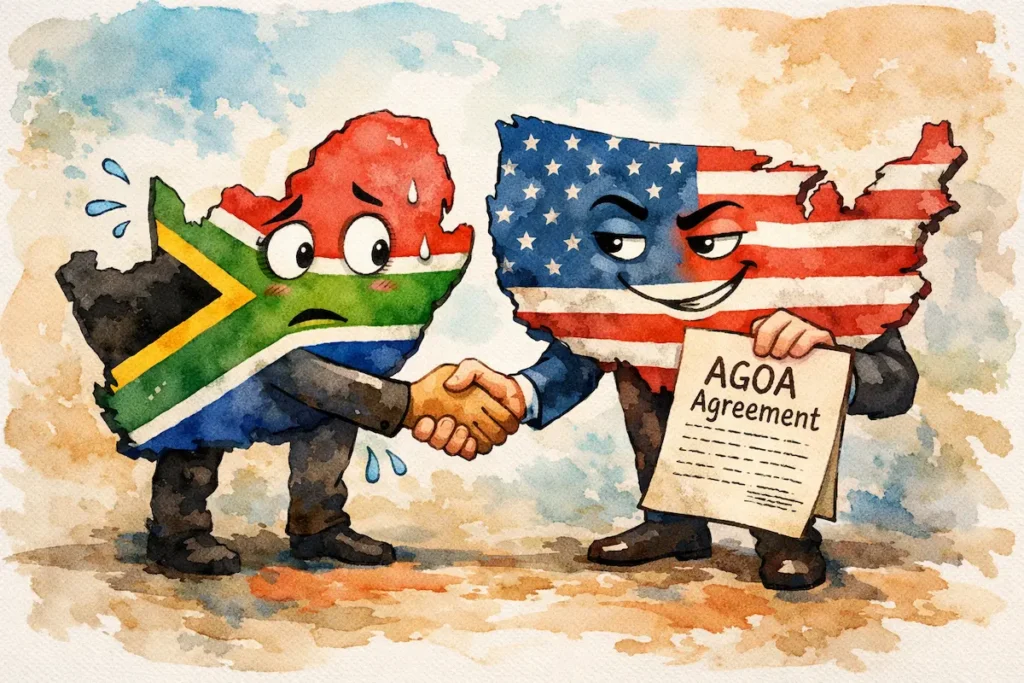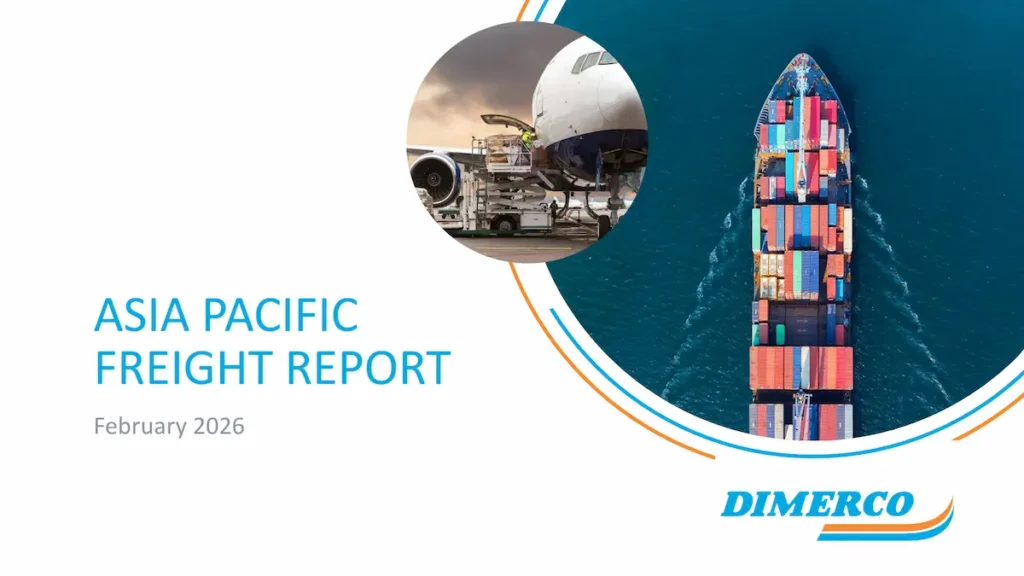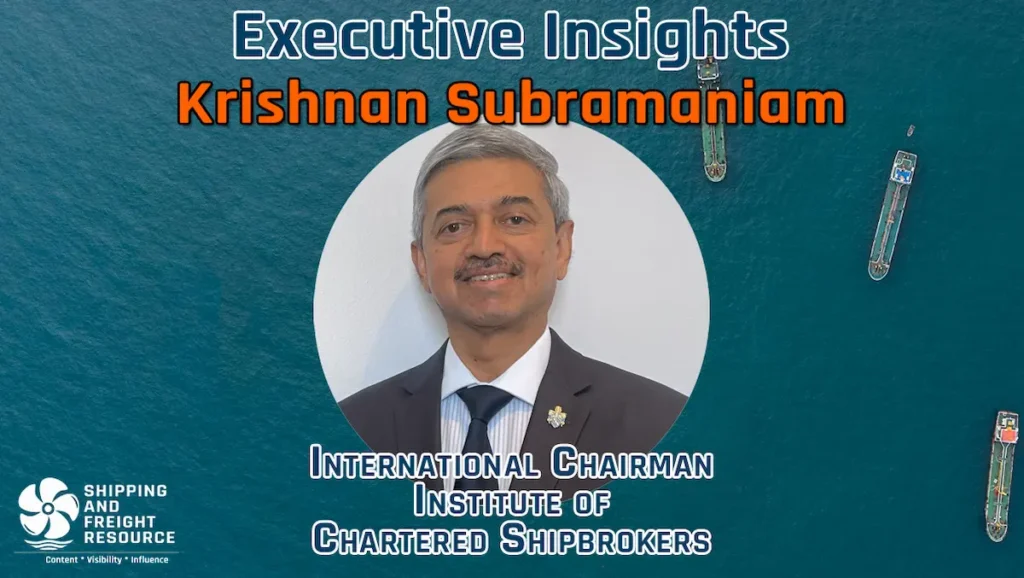Sanctions are diplomatic tools that countries or international organizations use to influence the behavior of other nations, organizations, or individuals.. These measures often include economic sanctions, trade embargoes, travel bans, and asset freezes..
The primary goal of sanctions is to promote international peace and security, prevent human rights violations, and deter illegal activities such as terrorism, arms trafficking, and the proliferation of weapons of mass destruction..
By restricting access to financial markets, resources, and global trade, sanctions pressure governments and individuals to comply with international laws and norms..
Ships that are owned by persons or entities from sanctioned countries or fly the flag of sanctioned countries also form part of the sanctions and are generally not chartered or used for global trade by compliant parties..
The Purpose of Sanctions
Sanctions serve as a non-violent means to enforce international regulations and promote global stability.. They are often used to respond to serious violations of human rights, terrorism, and activities that pose a threat to global security, such as nuclear proliferation..
Sanctions work by limiting access to resources, financial markets, and international networks, effectively isolating the targeted parties and pressuring them to change their behavior..
For example, economic sanctions may block a country or entity from participating in international trade, while travel bans and asset freezes can prevent specific individuals from accessing financial assets or moving across borders..
The overarching aim is to force compliance with international regulations without resorting to military intervention..
What Are Sanction Lists..??
Sanction lists are official compilations of individuals, entities, and nations subject to various restrictions and penalties.. These lists, maintained by regulatory bodies such as the United Nations (UN), the European Union (EU), and the U.S. Department of the Treasury’s Office of Foreign Assets Control (OFAC), play a crucial role in maintaining global security..
These lists are dynamic and frequently updated in response to emerging threats and shifting geopolitical landscapes..
Ship Registries and Sanctions
Any ship over 100 GT (Gross Tonnage) irrespective of whether it is a cargo ship, fishing ship or passenger ship, has to be registered and linked to a particular state/flag..
Registration grants the ship physical and legal protection of that flag state which may be applied to vital areas such as the safety of cargo and the life of those on board the ship..
By linking a ship to a State, the system of ship registration indicates that that State has the right to protect that ship in international law, and upon registration, the ship will be assigned an Official Number by the ship registry which becomes it identification..
There are various types of ship registration
- Traditional: Administered by a country for their own ships
- Open: Allows ship owners of other nationalities to flag and operate ships under their flag
- Flag of Convenience (FOC): Similar to Open Registers but offering more features for tax, and fees, flexible to loose maritime safety policies, and lower costs for the ship owners..
- Second National registers: exist parallelly with the traditional register but with less cost
- Off-Shore registers: operated by autonomous regions of a particular country or countries considered as an overseas territory of a particular country..
Registers such as Liberia, Panama, and Marshall Islands are considered as FOC and combined, these three flags account for around 46.5% of the global ship carrying capacity..
ships that are used by several sanctioned countries or entities or ships that are engaged in the evasion of maritime sanctions are predominantly flagged by open registries because they impose little to no nationality requirements on ship owners and operators..
In the recent past, Panama-flagged ships have been appearing on the sanction lists and have been found to have been transporting Iranian crude by obscuring their movements to avoid detection and sanctions..
Panama Ship Registrys’ Decree
In response to growing concerns around sanctions and sanctioned trades, The Panama Ship Registry has tightened its regulatory framework in response to increasing international sanctions through its Executive Decree No. 512 on the 18th of October 2024..
This decree provides the Panama Maritime Authority (PMA) with the legal authority to immediately cancel the registration and navigation permits of ships that appear on international sanctions lists..
This process includes not only the removal of ships from Panama’s merchant fleet but also the cancellation of any other maritime documentation issued by the PMA, a process that was lengthy and bureaucratic taking several months to complete..
With the introduction of the new decree, the process has been streamlined, allowing for more expedient action against errant shipowners..
The new decree directly targets ships under the Panama flag that are listed on the U.S. Treasury Department’s Office of Foreign Assets Control (OFAC) sanctions lists, the United Nations Security Council’s lists of entities and individuals associated with terrorism and terrorism financing, as well as sanctions imposed by the European Union and the United Kingdom..
Panama is aiming to swiftly address the growing issue of sanctioned ships, particularly those involved in illegal activities such as oil smuggling, terrorism financing, and other destabilizing conduct..
Conclusion
Executive Decree 512 marks a significant step forward in Panama’s efforts to uphold international law and maintain the integrity of its ship registry and by introducing a swift and decisive legal mechanism for the cancellation of ships on sanctions lists, Panama is demonstrating its commitment to global security and the rule of law..
This move not only strengthens Panama’s position as a global leader in maritime commerce but also sets an important precedent for other flag states to follow..
As the world continues to grapple with the challenges of illicit maritime activities, Panama’s actions will likely have a ripple effect throughout the shipping industry, encouraging greater accountability and compliance across the board..













